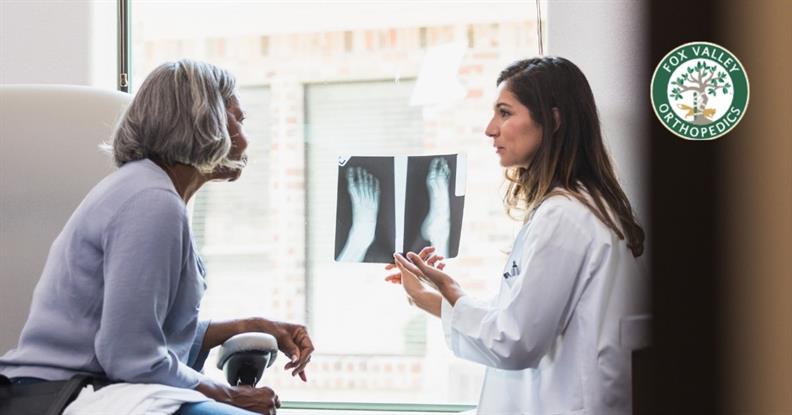Pins & Needles: What Is Chronic Paresthesia?
- Category: Blog
- Posted On:

Everyone experiences paresthesia at some point – that uncomfortable sensation of pins and needles, tingling, numbness, and prickling in the skin. It usually occurs in the extremities, especially the hands and feet, but it can occur in other body parts, as well. If your foot has ever “fallen asleep,” then you’re already familiar with the sensation of temporary pins and needles that typically goes away shortly after you reposition your body.
But what if the pins and needles persist? This is called chronic paresthesia, which is the symptom of a disease, disorder, or condition that must be properly diagnosed to treat the root cause and mitigate the tingling sensations. During a physical exam, your doctor will ask you several questions about your abnormal sensations to diagnose the condition, such as when the abnormal sensations began, how long they last, and the exact location where you’re feeling pins and needles.
What Causes Chronic Paresthesia?
While paresthesia is rarely the symptom of a life-threatening condition, it can be the result of a serious neurological disease or traumatic nerve damage such as peripheral neuropathy or the result of alcoholism. For many, the cause of their paresthesia may be the result of a musculoskeletal (orthopedic) condition that injured or damaged the nerves and it can be successfully cured. Orthopedic conditions that may cause chronic paresthesia include bone fractures, degenerative disc disease, herniated discs, nerve entrapment (such as carpal tunnel syndrome), or osteoporosis.
To reduce the risk of orthopedic conditions that lead to chronic paresthesia, you should make sure to eat a heart-healthy diet, get plenty of physical activity, maintain a healthy weight, change body positions frequently, and wear protective equipment while participating in high-impact exercise.
Treatment for Orthopedic-Related Chronic Paresthesia
If there is an orthopedic condition or injury contributing to your paresthesia symptoms, the following treatments may be effective:
- Braces or Splinting: These forms of temporary immobilization allow entrapped or compressed nerves to heal and it may improve numbness.
- Medication: Cortisone injections can relieve pain and inflammation from nerve compression, herniated discs, and relieve numbness.
- Rehabilitation Exercises: Physical therapy and exercise can successfully strengthen the muscles and relieve symptoms associated with bone and muscle injuries.
- Surgery: If nonoperative approaches for chronic paresthesia treatment fail to yield results, you may be a candidate for surgical procedures such as carpal tunnel release or spinal fusion to correct severe numbness caused by nerve entrapment or compression.
Contact Fox Valley Orthopedics for an Appointment
Do you have chronic pins and needles, particularly in your hands or feet? Your discomfort may be the result of a condition that is related to your musculoskeletal system (the bones, muscles, ligaments, tendons, and connective tissues). Our board-certified orthopedists can help. To get in touch with our team, please call (630) 584-1400 or reach out online today for an appointment.



